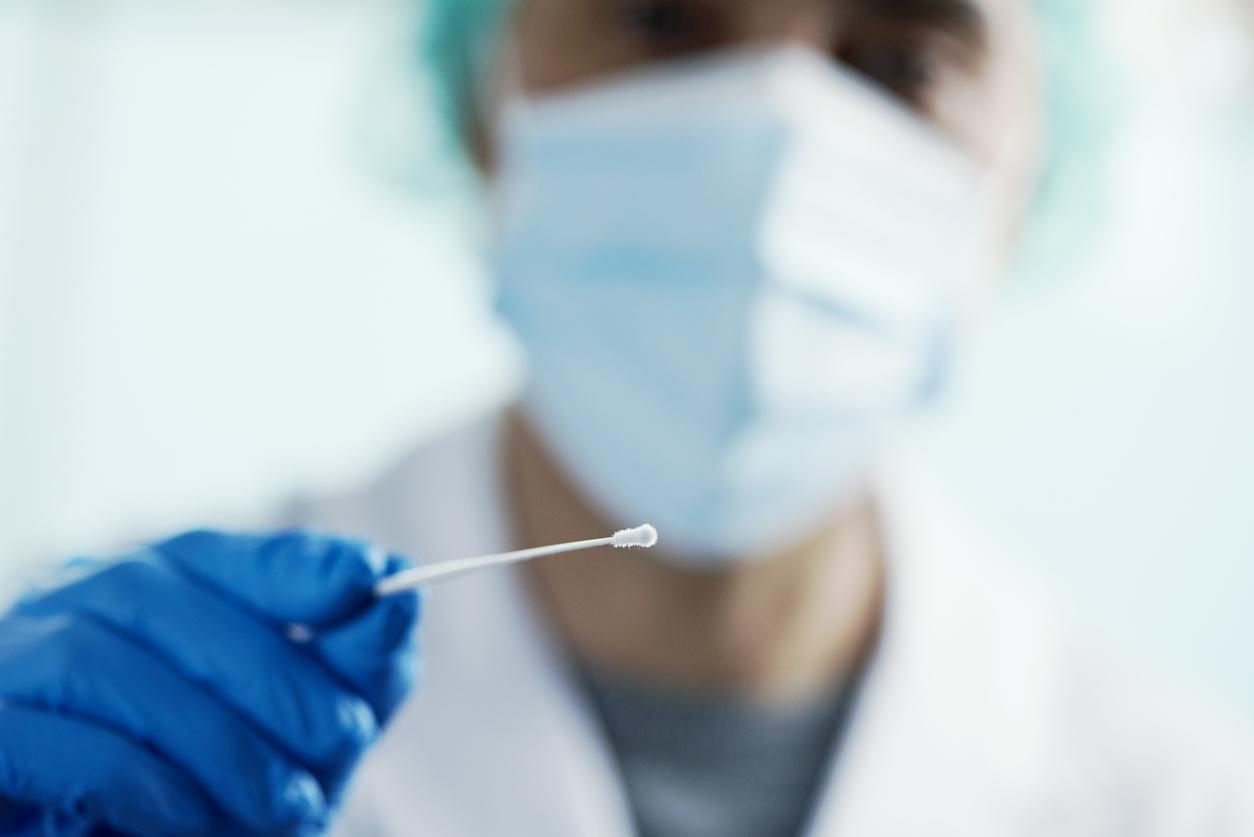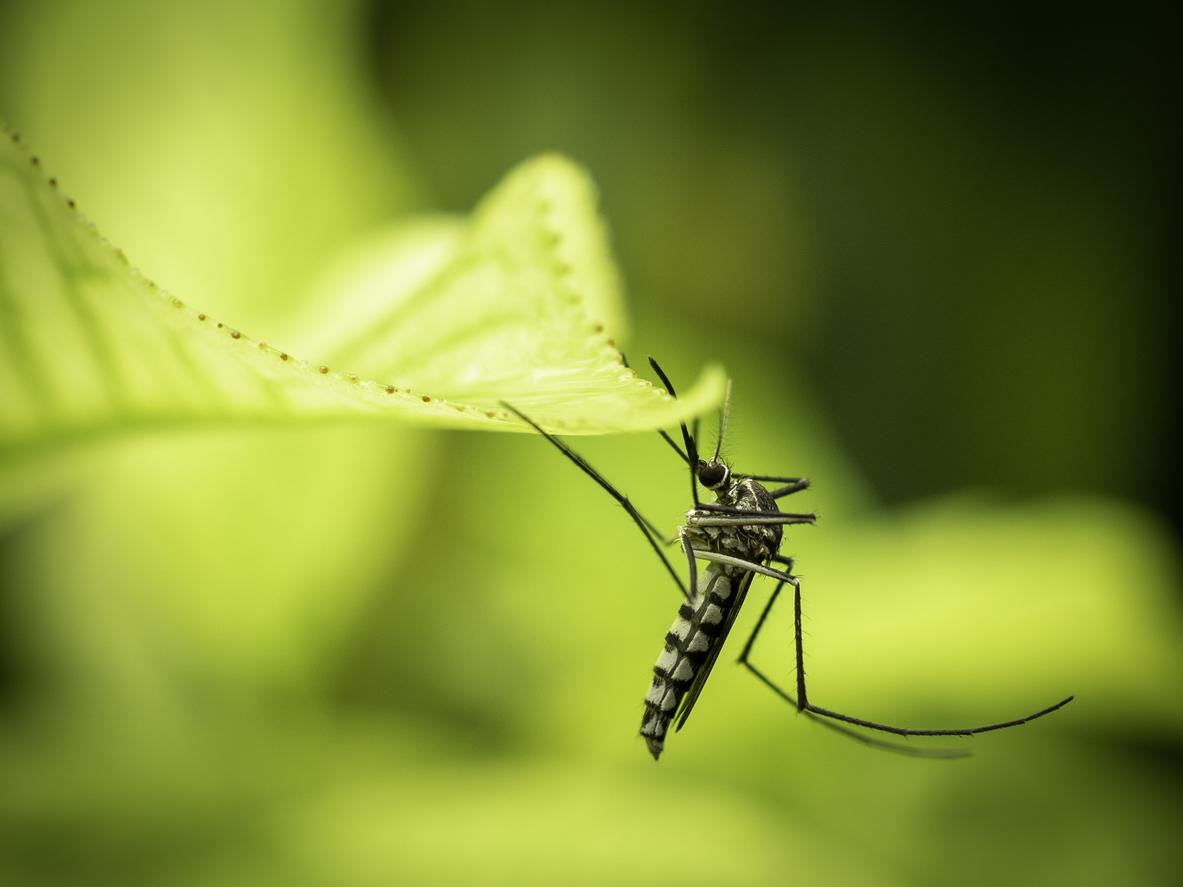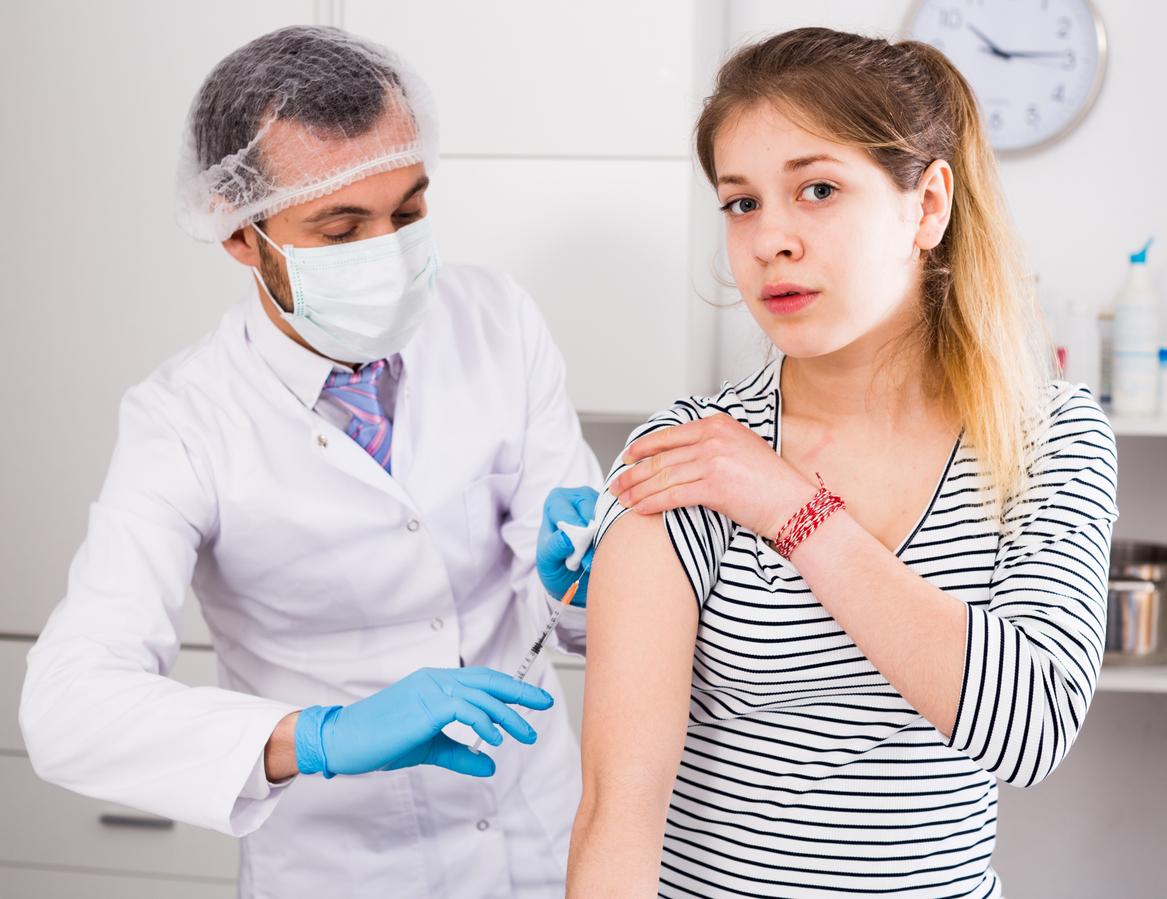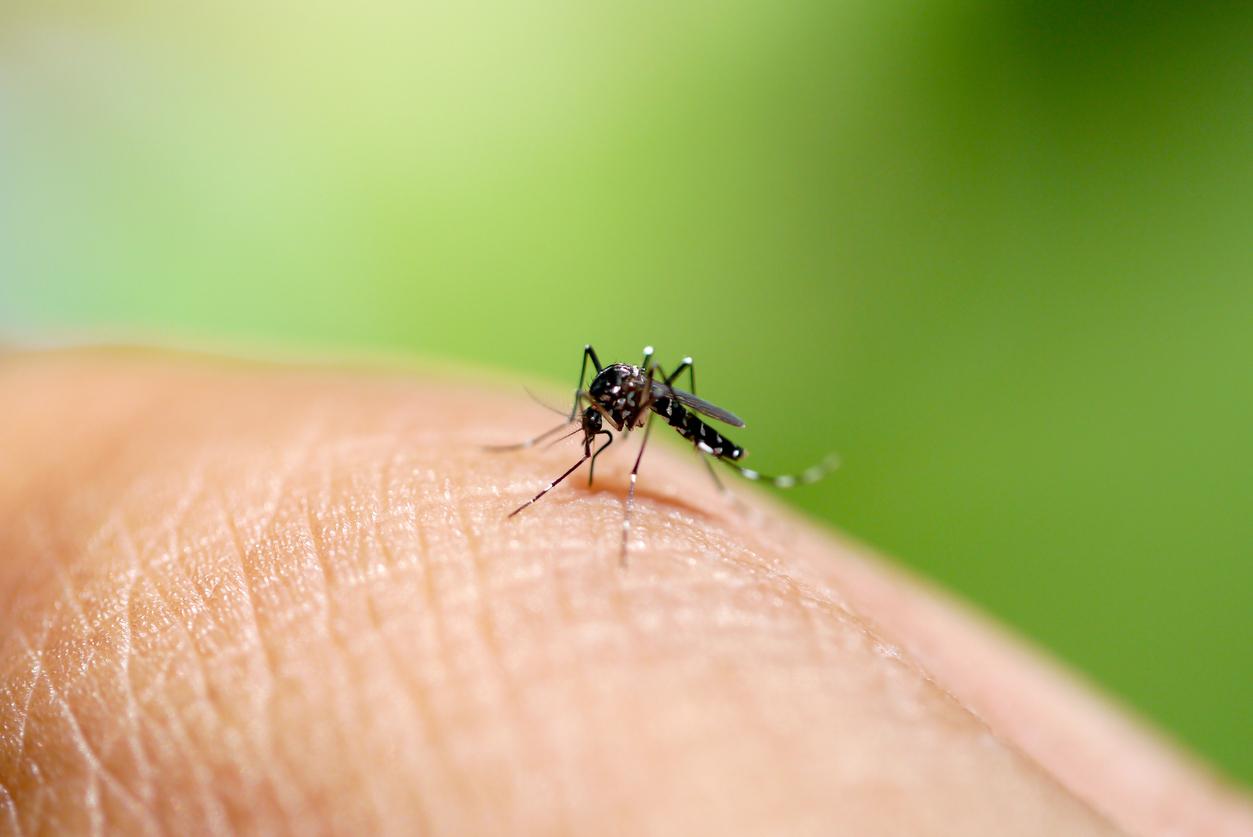After the Philippine government suspended its nationwide childhood dengue vaccination campaign, faced with popular and political emotion, Sanofi Pasteur announced that it will reimburse Manila for unused doses of Dengvaxia. He will also propose a modification of the notice.
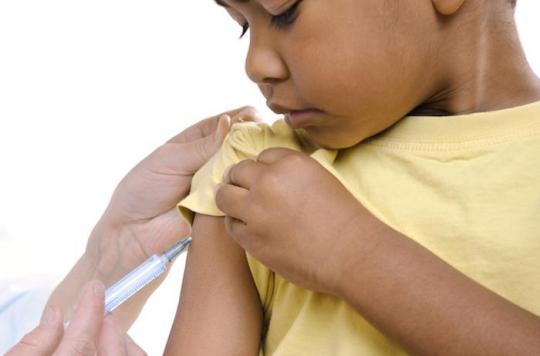
Sanofi Pasteur will reimburse the Philippine government for unused doses of a dengue vaccine. Manila has suspended the vaccination campaign due to concerns over the deaths of 14 children as a result of the vaccination.
Sanofi Pasteur stressed that this reimbursement had nothing to do with vaccine safety issues and was intended to improve its relationship with the Philippine Ministry of Health, which is investigating the deaths of these children as a result of the vaccination with the Dengvaxia.
Dengue or tropical flu
Dengue, also called “tropical flu”, is a tropical hemorrhagic fever linked to an arbovirus, transmitted by a mosquito of the genus Aedes.
The WHO estimates the number of annual cases in the world at 50 million, including 500,000 cases of “hemorrhagic” dengue, which are fatal in more than 2.5% of cases. Initially present in the tropics and subtropics of the world, dengue fever now affects Europe where the first indigenous cases have been identified.
Strains of dengue virus fall into four distinct serotypes: DEN-1 to DEN-4. Immunity acquired in response to infection with one of the serotypes confers protective immunity only against that infecting serotype but not against other serotypes. As a result, a person is likely to be infected with each of the four dengue serotypes during their lifetime. Subsequent infections with other serotypes would increase the risk of developing severe dengue, known as “hemorrhagic”.
The vaccine produced by the French laboratory Sanofi Pasteur is authorized in Mexico, Brazil, El Salvador and the Philippines to protect 9-45 year olds from this potentially fatal virus. The particularity of this vaccine is its ability to immunize individuals against the 4 strains of the dengue virus with an efficiency of between 56 and 60%.
Two forms of dengue
The “classic” dengue fever manifests itself suddenly after 2 to 7 days of incubation by a high fever with headache, nausea, vomiting, joint and muscle pain and a rash like that of measles. Brief remission is observed after 3 to 4 days, then symptoms intensify, conjunctival hemorrhages, nosebleeds or bruising may occur, before rapidly regressing after a week and convalescence which may last. Several weeks.
“Haemorrhagic” dengue, which represents approximately 1 to 2.5% of cases, is extremely severe: the fever persists and multiple gastrointestinal, skin and cerebral haemorrhages occur. In children under the age of fifteen in particular, a state of hypovolemic shock can set in, causing abdominal pain and causing death if the patient is not resuscitated. There is no specific treatment for the virus.
Concerns about the vaccine
In the Philippines, from April 2016, Dengvaxia was widely used as part of the national vaccination campaign until, in December 2017, the government expressed concern.
After Sanofi announced that the vaccine could worsen the disease in people who had never had dengue fever and were infected with the virus for the first time, an emotion gripped the Philippine public opinion.
Parents then declared that the vaccine was responsible for the death of their child (14 cases). Although there is no direct link established to date between vaccination and the death of children, Filipino parliamentarians have gone so far as to accuse the government of knowingly endangering children’s health. In total, nearly 830,000 children have received the vaccine.
An investigation in the Philippines
After the deaths of these 14 children who received Dengvaxia, the Philippine government opened an investigation. In December 2017, he also announced claiming the reimbursement of 22.8 million euros from Sanofi Pasteur for unused doses.
Sanofi Pasteur, the branch of the group in charge of vaccines, which announced on Monday that a reimbursement was planned, stressed that this decision was “unrelated to possible questions of safety or quality of Dengvaxia”. In the same press release, Sanofi Pasteur states that “the general benefits of vaccination against dengue fever remain positive in countries where the disease is very endemic such as the Philippines”.
A change of instructions
Dengvaxia is currently indicated in most countries for people nine years of age and older who live in areas where dengue is highly endemic. This vaccine prevented 93% of cases of serious illness and 80% of hospitalizations due to dengue during the 25 months of clinical studies in ten countries in Latin America and Asia where dengue fever is present. widespread.
In the light of the latest analyzes, Sanofi will suggest that national regulatory agencies update the leaflet and ask healthcare professionals to assess the probability of their patients having previously been infected with the dengue virus before proceeding with the procedure. the vaccination. The latter should be recommended only when its potential benefits outweigh its risks (in countries with high disease burden) and is not recommended in people with no history of dengue virus infection.
.













